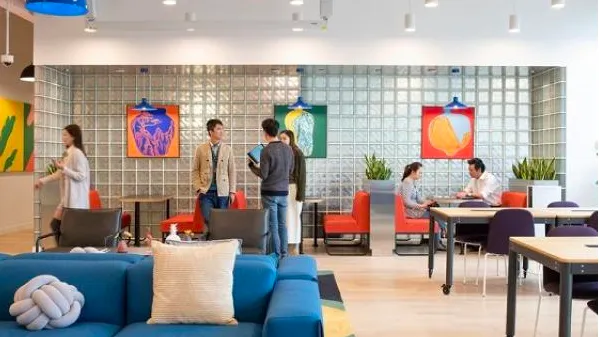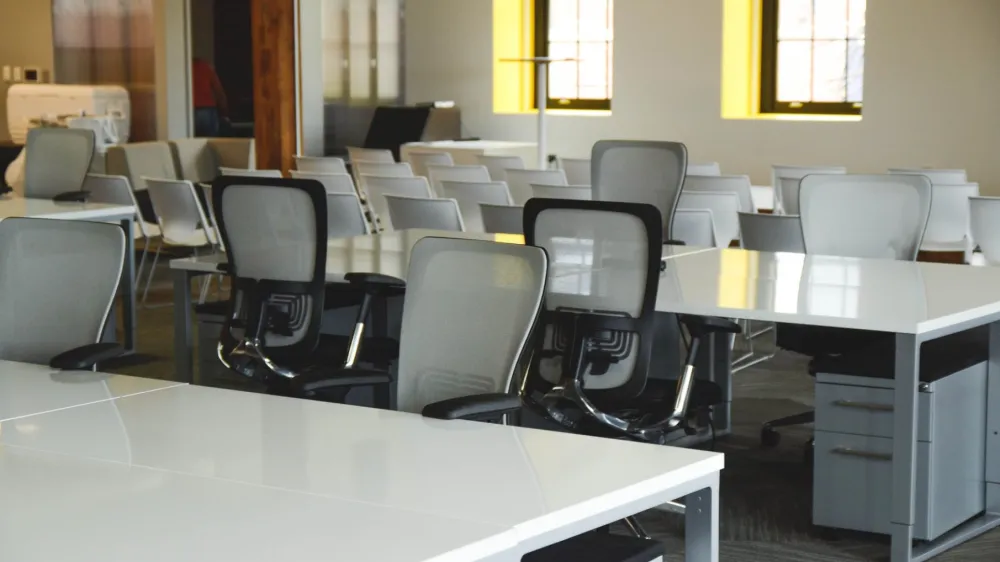
APAC demand for flex offices up 13% over the past 5 years
Auckland and Seoul saw the strongest growth in demand.
According to the Instant Group’s 2024 APAC Flexible Workspace Market Review, demand for flexible workspaces across the Asia Pacific region has increased by 13% over the past five years, despite a subdued market throughout 2023 amidst tough business conditions.
This growth is behind the EMEA and Americas regions which have experienced 35% and 59% demand growth respectively, but the direction is consistent. This report explores the latest trends in supply, demand, pricing, and client expectations around flexible workspace to help operators position their business strategies for 2024 and beyond.
Auckland and Seoul experience strongest demand growth in APAC
Demand variations across cities underscores the diverse regional dynamics at play as the flexible workspace sector matures, evolves and adapts to the new working world. Some cities such as Auckland and Seoul have experienced a healthy recovery, with demand up by twenty-two percent and twenty percent respectively over the last five years.
Other growth markets include Shanghai, Jakarta and Mumbai, with demand for flexible workspace increasing by nine percent, eight percent and six percent over five years. Hong Kong, Sydney and Melbourne however have been severely impacted by lower-than-expected demand levels, down by eight percent, seven percent and seven percent respectively.
"The flexible workspace sector has faced and is still facing a tough set of economic conditions. And while demand has been slower than originally expected, it's still up across APAC over the last several years, showing resilience compared to the conventional office market. With recovery and an uptick in the market expected by mid 2024, it's important for occupiers and landlords to stay close to relevant data in order to take advantage of the opportunities available in each region across APAC. Instant’s unique set of data provides valuable insights for landlords, occupiers and operators alike in a highly nuanced market." said Sean Lynch, Chief Customer Officer APAC & EMEA.
Desk rates across APAC decline to retain clients
To attract and retain clients against a challenging economic backdrop, operators are having to reduce desk rates as customers face rising costs in their own businesses. Across the APAC region in 2023, Kuala Lumpur experienced the biggest drop in rates year on year, with a flex desk costing an average of 365 USD per month, down by thirty two percent compared to 2022.
Jakarta’s desk rates dropped by sixteen per cent in 2023 compared to 2022 to an average of 504 USD per month, while Mumbai and Bangalore both saw rates decline by nine percent year on year, with desks costing an average of 411 USD and 349 USD per month respectively.
APAC cities bucking this trend include Metro Manila, Singapore and Sydney who all saw desk rates increase in 2023 - by fifteen percent, fourteen per cent and two percent respectively year on year (2023 vs 2022). Tokyo’s desk rates remained flat year on year, however the buzzing city is the most expensive city for a flexible desk across the APAC region, with rates sitting at an average of 792 USD per month.
Supply of flexible workspace growing slowly across APAC
The flexible workspace market has grown by just two percent over the past five years across the Asia Pacific region, with many markets remaining stagnant. Operators are focusing on increasing profitability and occupancy rather than expansions due to higher operating costs and slower demand in some markets.
Cities in APAC leading the supply growth include Tokyo, with four percent supply growth over the last five years, followed by Seoul and Kuala Lumpur at three percent and two percent growth respectively. Despite the slower growth, results from The Instant Group’s Future of Flex Survey show that this is expected to change in 2024 with 67% of operators revealing that they expect to increase their footprint over the next two years.
Occupier profile shifts, with increase in 26+ desk requirements
A shift is occurring in the flexible workspace occupier profile, with corporate clients showing a preference for larger flex offices across Asia Pacific. In 2023, thirty five percent of flex requirements were for over twenty-six people, compared to just eighteen percent in 2019. Businesses are seeking a combination of private and open access spaces to accommodate fluctuating demands and company growth.
Larger occupiers are downsizing their traditional offices and leveraging flexible solutions, including flex space, desk passes and local coworking drop-in spaces to offer more workplace choice to employees. There are, however, variations in each city. Shanghai and Bangalore saw a growing number of larger desk requirements (in 2023 the average desk requirements were 15.6 and 14.1 respectively), while Auckland and Brisbane are still dominated by requirements of under-five desks.



















 Advertise
Advertise





